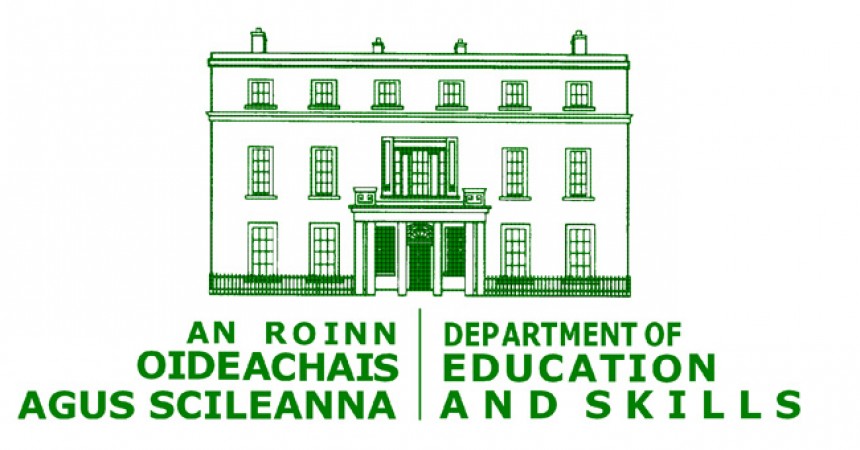
Department of Education says that Catholic Guidelines provide practical advice to ‘opt-outs’ from religious education
In a recent speech the Secretary General of the Department of Education Sean O’Foghlu has claimed that the recently published Catholic Guidelines, “Catholic Primary Schools in a Changing Ireland – Sharing good Practice on Inclusion of All Pupils’, provide practical advice on timetabling and sacramental preparation, facilitating ‘opt-outs’ from religious education, and deepening intercultural dialogue within our schools.”
He made this speech at the AGM of the Catholic Primary Schools Management Association. The Minister for Education, Jan O’Sullivan has also welcomed these Guidelines, “I welcome the recent publication by the Catholic Schools Partnership of guidelines on good practice on inclusion in primary schools.”
As it stands now there is no practical application given to the right to opt out of religion in schools and despite the above claim nothing is going to change with the introduction of these new guidelines.
Opting out of religion is guaranteed in the Irish constitution (Article 44.2.4) and reflected in the Education Act 1998 (section 30- (2) (e)), parents can opt their children out of anything that is against their conscience. Secularism is regarded as a philosophical conviction protected by Article 9 (the right to freedom of conscience) and Article II of Protocol 1 (the right to education) of the European Convention. The state is obliged to respect the convictions of all parents and not just Catholic parents.
Secular parents have a right to opt their children out of many aspects of the daily life in a publicly funded National school with a Catholic ethos. These new guidelines do not even recognise that secularism is a philosophical conviction and acknowledge that they are obliged to respect the rights of secular parents.
In a speech Father Tom Deenihan, General Secretary of the Catholic Primary Schools Management Association, at the CPSMA Annual General Meeting in 2014 stated that:-
Catholic schools, by their very nature, recognise that we are not made for this world only and so we teach about and prepare our students, as best we can, for an eternal life with God. Are we to be deterred from doing that, are we to shrink from this belief and responsibility so that we will not cause offence? The argument, of course, is false because it is not so much a case of either/or than it is of both/and! Catholic schools prepare their students for this world – and the next!
This is not a matter of offence but one of human rights. The Catholic Church has no issue with reminding us of the rights of Catholic parents but when it comes to the rest of us it is a different matter altogether. The Guidelines concede (1.7) that in some cases, parents may have little or no choice but to send their children to a Catholic school, but it fails to respect the rights of those families. Despite the document saying (in the introduction) that its focus is on educating non-Catholic pupils, it also says (in section 1.1) that everyone is made in the image of God and is called to share in God’s own life forever.
Absolutely nothing will change on the ground for secular parents and their children. The Guidelines state (1.7) that it can only facilitate parents in opting out from religious instruction as resources are made available by the Minister. But they are already obliged to do this as part of the conditions for being funded to run the school (Article 44.2.4). In his speech Sean O’Foghlu did not acknowledge or refer to this section of the Guidelines but still claimed that they gave practical advice.
The Chair of the Forum on Patronage and Pluralism Prop John Coolahan does not share the view that these Guidelines provide practical advice. He has said that he is disappointed by its lack of detail and focus and that “it was disappointing that concrete examples of good practice in action were not included.”
This government has done nothing to protect the human rights of the non-religious in the education system. There is no supervision if you opt out your child and the state does not provide another subject. It still will be impossible to opt out of religion that is integrated into the curriculum and now they think they are being inclusive by inviting us to religious ceremonies. If this was not bad enough they are now claiming that this is practical advice on opting out of religion in schools.






0 Comments
No comments!
There are no comments yet, but you can be first to comment this article.